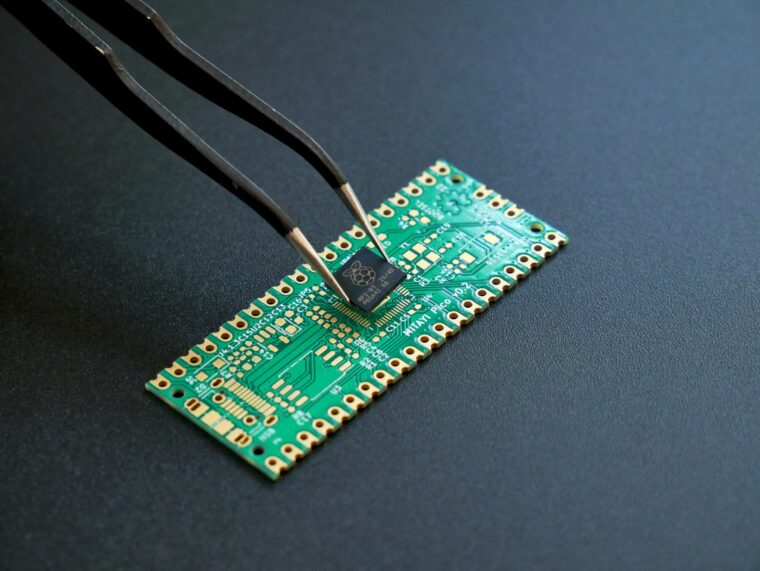
The Department of Energy’s (DOE) Advanced Materials and Manufacturing Technologies Office (AMMTO) is soliciting feedback on a roadmap that outlines goals to increase the energy efficiency of semiconductor applications by 1,000 times over the next two decades. Industry, academia, research laboratories, government agencies and other stakeholders have until Sept. 30, 2024, to respond to the Request for Information (RFI).
The use of semiconductor application energy use has doubled every three years since 2010. If the trend continues, the industry will consume approximately 20% of global energy production. However, the unsustainable nature of energy consumption in the semiconductor industry will completely outpace what measures are in place to offset it.
As dependence on computing has grown and the advent of artificial intelligence (AI) has developed, energy efficiency improvements have stalled over the past 30 years. AMMTO is looking for solutions to double energy efficiency every two years through the Energy Efficiency Scaling for Two Decades (EES2) National Initiative.
The EES2 roadmap prioritizes the energy efficiency of computing and the computing stack. AMMTO has broken the roadmap down into eight working groups, each targeting layers of the computing stack or enabling technologies and approaches. Each working group will help identify emerging energy-efficient technologies, their challenges and their solutions. The working groups are:
Materials and Devices (MnD).
Circuits and Architectures (CnA).
Advanced Packaging and Heterogenous Integration (APHI).
Algorithms and Software (AnS).
Power and Control Electronics (PaCE).
Manufacturing Energy Efficiency and Sustainability (MEES).
Metrology and Benchmarking (MnB).
Education and Workforce Development (EWD).
The RFI is seeking input on three distinct categories: EES2 initiative goals and objectives; the roadmap document; and the overall process and future steps.
Photo by Vishnu Mohanan on Unsplash
The post DOE releases RFI on increasing semiconductor industry energy efficiency over next 20 years appeared first on Government Market News.
